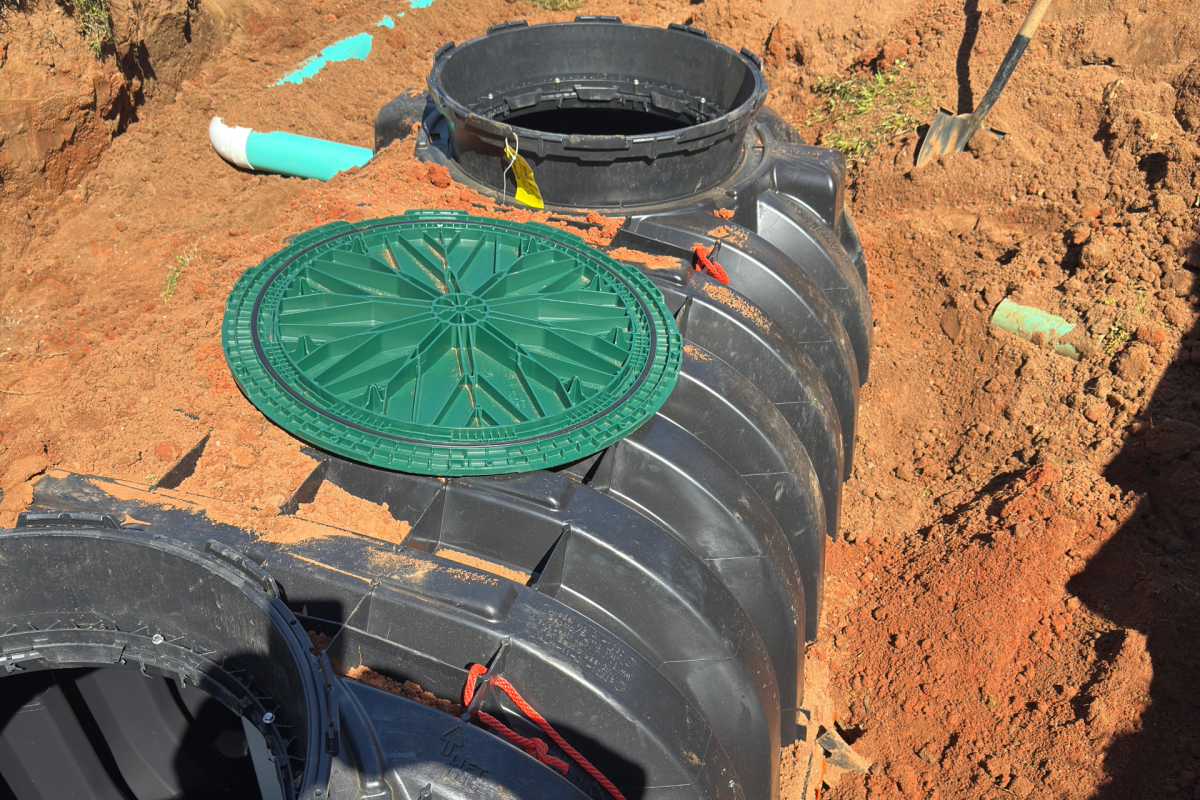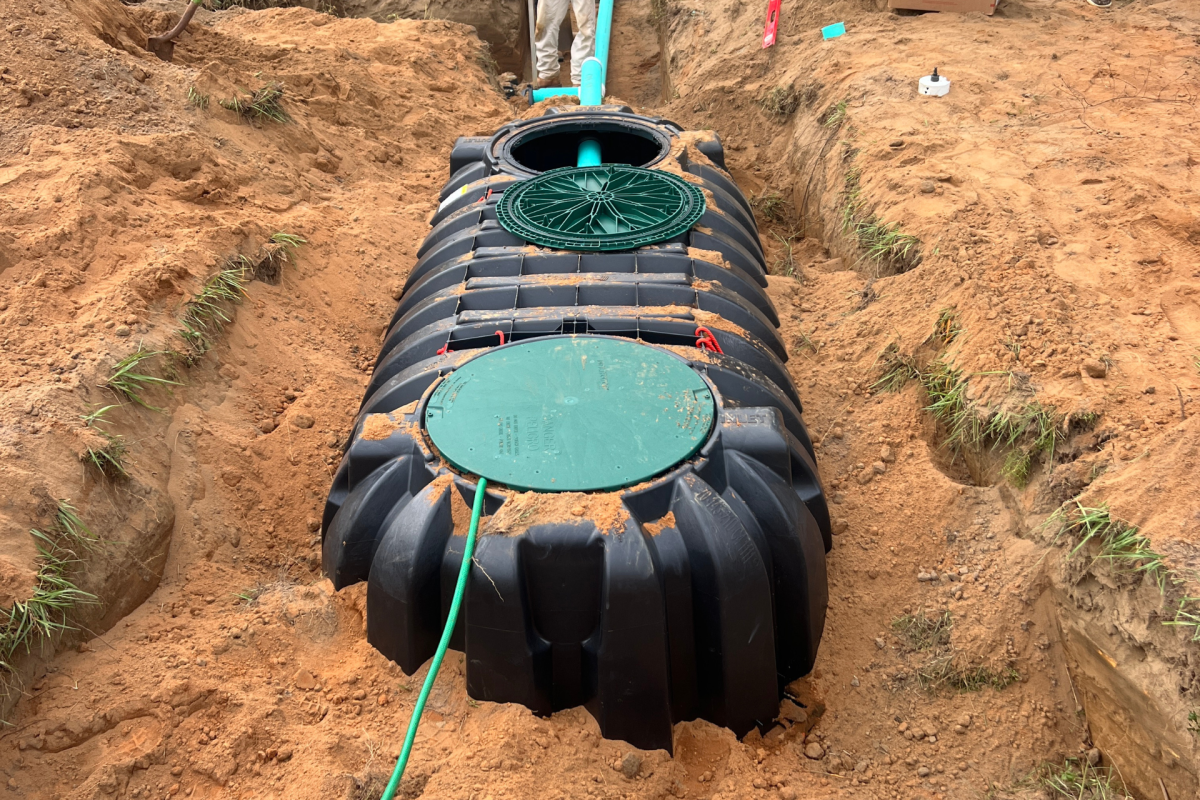As cooler weather arrives across southern Alabama, homeowners throughout the region face a commonly overlooked maintenance window that could prevent thousands in emergency repairs. While septic system winterization is often associated with northern climates, Alabama's fluctuating fall and winter temperatures create specific vulnerabilities that demand proactive attention.
Property maintenance experts emphasize that October through early November represents the ideal timeframe for comprehensive system evaluations. This timing addresses the unique stress factors Alabama systems face, from holiday water usage spikes to occasional hard freezes that catch unprepared homeowners by surprise. Comprehensive guidance on septic tank winter care for Alabama homes outlines the critical steps property owners should take before temperatures drop.
Understanding Alabama's Unique Septic System Challenges
Many homeowners across Daphne, Fairhope, Orange Beach, Foley, and surrounding communities assume septic winterization only applies to colder regions. This misconception leads to preventable system failures that disrupt holiday gatherings and create significant property damage.
Alabama's climate presents distinct challenges. While prolonged hard freezes are uncommon, overnight temperatures regularly dip into the low 20s several times each winter. These brief cold snaps affect vulnerable system components differently than sustained freezing in northern states. Exposed pipes, shallow drain field lines, and pump chambers face direct freeze risk. Additionally, partial freezing disrupts system function even when temperatures rebound within hours.
The seasonal timing compounds these risks. Septic systems face maximum stress from Thanksgiving through New Year's as holiday guests increase water usage through additional showers, laundry loads, and toilet flushes. A system approaching capacity before this period risks backup and failure precisely when families gather and contractors face emergency service backlogs.
Fall also brings yard maintenance factors that directly impact septic performance. Heavy leaf coverage over drain fields reduces air circulation and creates moisture retention that stresses systems during cold weather. Dormant grass provides less natural insulation than actively growing turf. Poor grading from summer storms can redirect surface water toward septic components instead of away from them.
Real estate professionals throughout the region note another consideration. Well-maintained septic systems with documented service history add tangible property value. Buyers specifically request pumping records and inspection reports during home purchases. Systems with no maintenance documentation raise concerns that can derail transactions or force price reductions.
What Comprehensive Pre-Winter Septic Care Includes
Proper pre-winter septic care encompasses several interconnected service components. Professional tank inspection identifies cracks, leaks, or structural issues before cold weather exacerbates existing problems. Thorough pumping removes accumulated solids, creating maximum capacity for increased holiday water usage while reducing freeze vulnerability in full tanks.
Riser and lid evaluation ensures all access points seal properly, keeping cold air out while maintaining internal system temperature. Drain field health assessment checks for saturation, compaction, or drainage problems that winter conditions will amplify. Pump and grinder testing confirms mechanical components function optimally before peak usage season.
Most residential septic tanks require pumping every three to five years under normal use. Homeowners approaching this interval should schedule service now rather than waiting until spring. Even systems with recent service benefit from inspection to confirm all components function properly before seasonal stress begins.
The Connection Between Yard Maintenance and Septic Health
Beyond septic-specific maintenance, integrated property care addresses the yard conditions that impact system performance. Professional drainage evaluation identifies water flow issues before they compromise septic components. Strategic grading corrections ensure surface water moves away from tanks and drain fields rather than pooling near vulnerable infrastructure.
Fall yard cleanup removes debris that could block drainage patterns or create moisture retention over drain fields. Leaf removal prevents the thick coverage that reduces air circulation and natural insulation. Maintaining healthy grass at appropriate mowing heights provides the natural protection drain fields need during temperature fluctuations.
The connection between yard maintenance and septic system health represents an evolving understanding among property care professionals. Traditional approaches treated these as separate concerns, requiring homeowners to coordinate multiple contractors for comprehensive seasonal preparation. Modern integrated service models recognize how interconnected these property systems truly are.
This integrated approach particularly benefits properties with challenging drainage situations or complex septic installations. When professionals understand both landscaping and septic systems, they can identify potential issues before they escalate. They recognize when yard grading affects drain field performance or when planned landscaping projects might impact septic infrastructure.
Regional Considerations for Coastal Alabama Properties
Southern Alabama's coastal proximity creates additional considerations for septic system care. Properties near Orange Beach, Gulf Shores, and Fairhope face unique challenges from higher water tables and sandy soils that affect drain field performance. These geological factors require specialized septic system maintenance approaches.
Coastal properties also experience different freeze patterns than inland locations. While absolute temperatures may be slightly milder, the combination of moisture and wind chill affects exposed system components differently. Salt air accelerates corrosion on metal components, requiring more frequent inspection schedules than inland properties follow.
Vacation rental properties throughout the area face compressed usage patterns that stress septic systems differently than year-round residences. High occupancy periods with multiple guests create usage spikes that can overwhelm undersized or poorly maintained systems.
Warning Signs That Indicate Immediate Attention Needed
Homeowners should watch for several warning signs that indicate septic problems requiring immediate attention. Slow drains throughout the house suggest the tank is approaching capacity or drain field saturation is occurring. Gurgling sounds from plumbing fixtures indicate air trapped in the system, often from blockages or improper venting.
Sewage odors around the property, particularly near the tank or drain field, signal system failure or inadequate treatment. Standing water or unusually lush grass growth over the drain field indicates effluent is surfacing rather than being properly absorbed. Any of these signs warrant professional evaluation before cold weather arrives.
Practical Steps Homeowners Can Take
Beyond professional maintenance, homeowners can take several practical steps to protect septic systems through winter months. Insulating exposed components with foam pipe sleeves prevents freeze damage to above-ground pipes, risers, or pump housings. These materials are inexpensive and provide significant protection.
Maintaining drain field grass cover at regular mowing height through fall provides natural insulation without scalping turf short. Monitoring water usage during holidays by spreading out high-water activities prevents system overload when hosting guests. Running dishwashers, washing machines, and multiple showers simultaneously stresses systems unnecessarily.
Avoiding chemical drain cleaners protects the beneficial bacteria that break down waste in septic tanks. These harsh chemicals kill the microorganisms essential for proper system function. Similarly, never flushing non-biodegradable items, even those marketed as "flushable," prevents clogs and system damage.
Taking Action Before Winter Arrives
Property owners throughout southern Alabama still have time to schedule comprehensive pre-winter maintenance. The current weather window provides ideal conditions for inspections, pumping, and any necessary repairs before cold weather and holiday season arrive.
Documentation of all maintenance work proves valuable for future property sales and helps homeowners track service intervals accurately. Keeping records of pumping dates, inspection findings, and any repairs performed creates a maintenance history that demonstrates responsible property stewardship.
For homeowners seeking comprehensive property preparation that addresses both septic systems and landscape maintenance needs, P&C Solutions serves Daphne, Fairhope, Orange Beach, Foley, and Loxley with transparent, educational service. Their approach emphasizes customer understanding alongside technical expertise. Contact P&C Solutions at (251) 850-5884 for pre-winter property evaluation.





